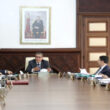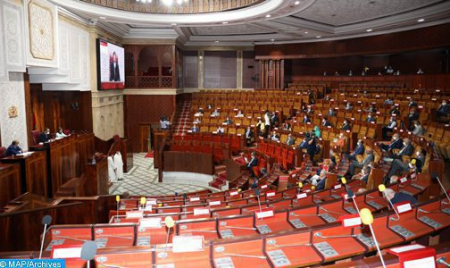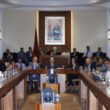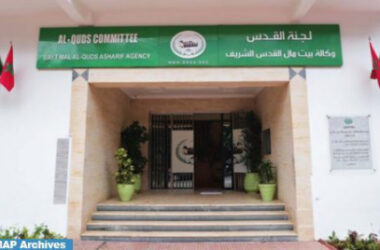Speaking at the meeting, the chairwoman of the Committee on Public Finance Control, Latifa Lablih, said that the creation of the committee she chairs, eight years ago, is part of the implementation of the provisions of the Constitution on strengthening the tools of parliamentary control in the field of preservation and maintenance of public finances.
Regarding the prior control of spending, Lablih stressed that the parliament plays a crucial role in authorizing the government to commit to public spending in the context of the debate on the finance law which is done at the level of the public finance committee for the draft appropriation bill and at the level of the rest of the parliamentary standing committees for the budget of departments.
For her part, Olivia Blake, a member of the Public Accounts Committee in the British House of Commons, said that this legislative body, composed of 16 members representing all parties, is the oldest standing committee in the British Parliament.
“Our job is not necessarily to assess the policies undertaken by the government, because that is the job of other standing committees that we call electoral or select committees. We audit public spending on the basis of effectiveness and financial efficiency, that is, value for money,” she explained.
“We question public officials on the basis of the various decisions, we do not invite ministers to our committee, but rather the official responsible for the decision to ask direct questions, and we work, as in the case of Morocco, in close collaboration with The National Audit Office (NAO) which provides us with briefings,” she added.










